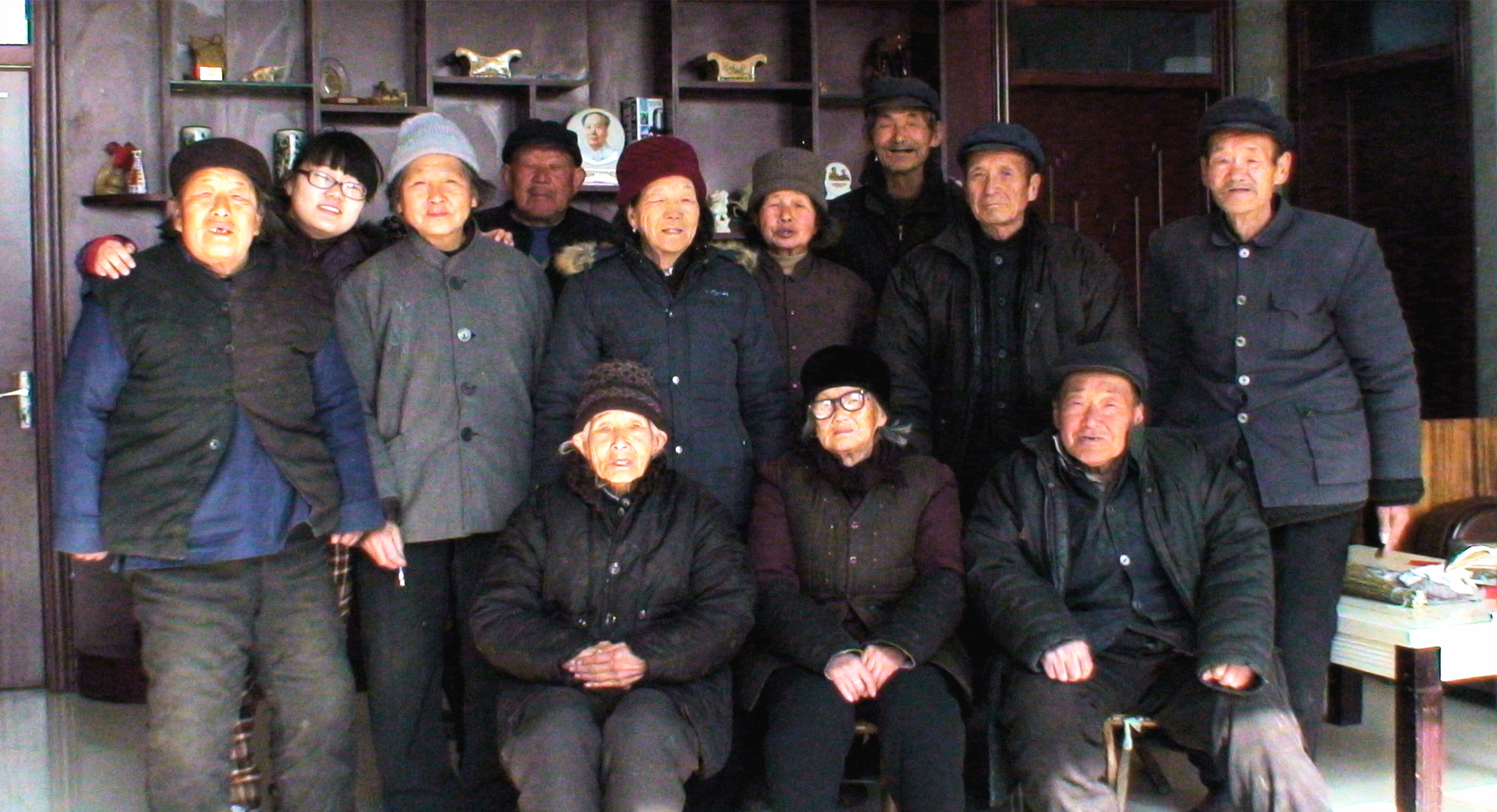Shifting Politics in the World's Newest Nation
By Alex Thurston
South Sudan, though less than six months old as an independent nation, already faces challenges to its political and cultural unity: rebels abound, opposition groups denounce the ruling party, and ethnic tensions simmer. Christianity has provided a powerful platform for political mobilization in the region’s past, and churches continue to represent the strongest force in Southern Sudanese civil society. As the new nation grapples with ethnic and political tensions, Christianity may help build unity – yet the power of the churches has limits.
Colonial Legacies and Christianity in South Sudan
British colonial rule did not introduce Christianity to present-day South Sudan – there were Christian kingdoms in East Africa prior to 1500, and Catholic missionaries were active in the region in the mid-nineteenth century – but colonial policies left a lasting impact on the character and social role of Southern Sudanese Christianity.
After the British pieced together the colony of Sudan from 1898-1910, colonial rulers treated the Southern provinces as a culturally and religiously distinct enclave that needed to be isolated and administered differently from the Arab Muslim North. While missionary activities were restricted in the North, missionaries had a freer hand in the South. Catholic, Presbyterian, and Anglican missionaries made limited conversions during the colonial period, but they had a lasting impact on education. When the British conjoined North and South Sudan under one administration in 1946, university-educated Northerners dominated politics and the civil service, but the few Southerners with advanced educational credentials were largely products of these mission schools. Continue Reading →

